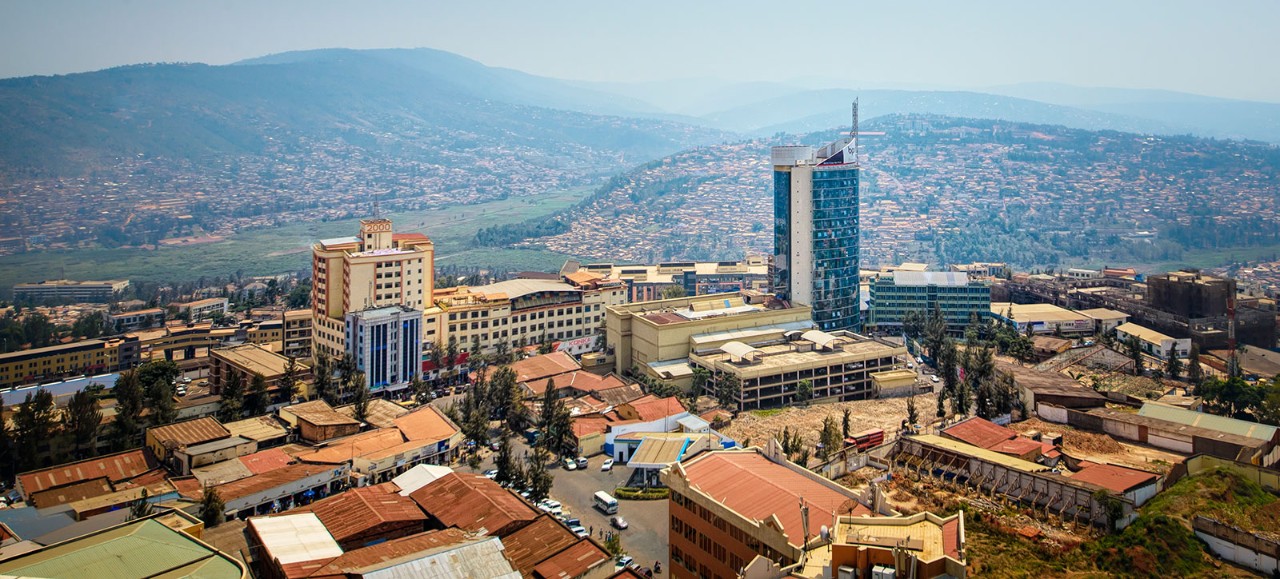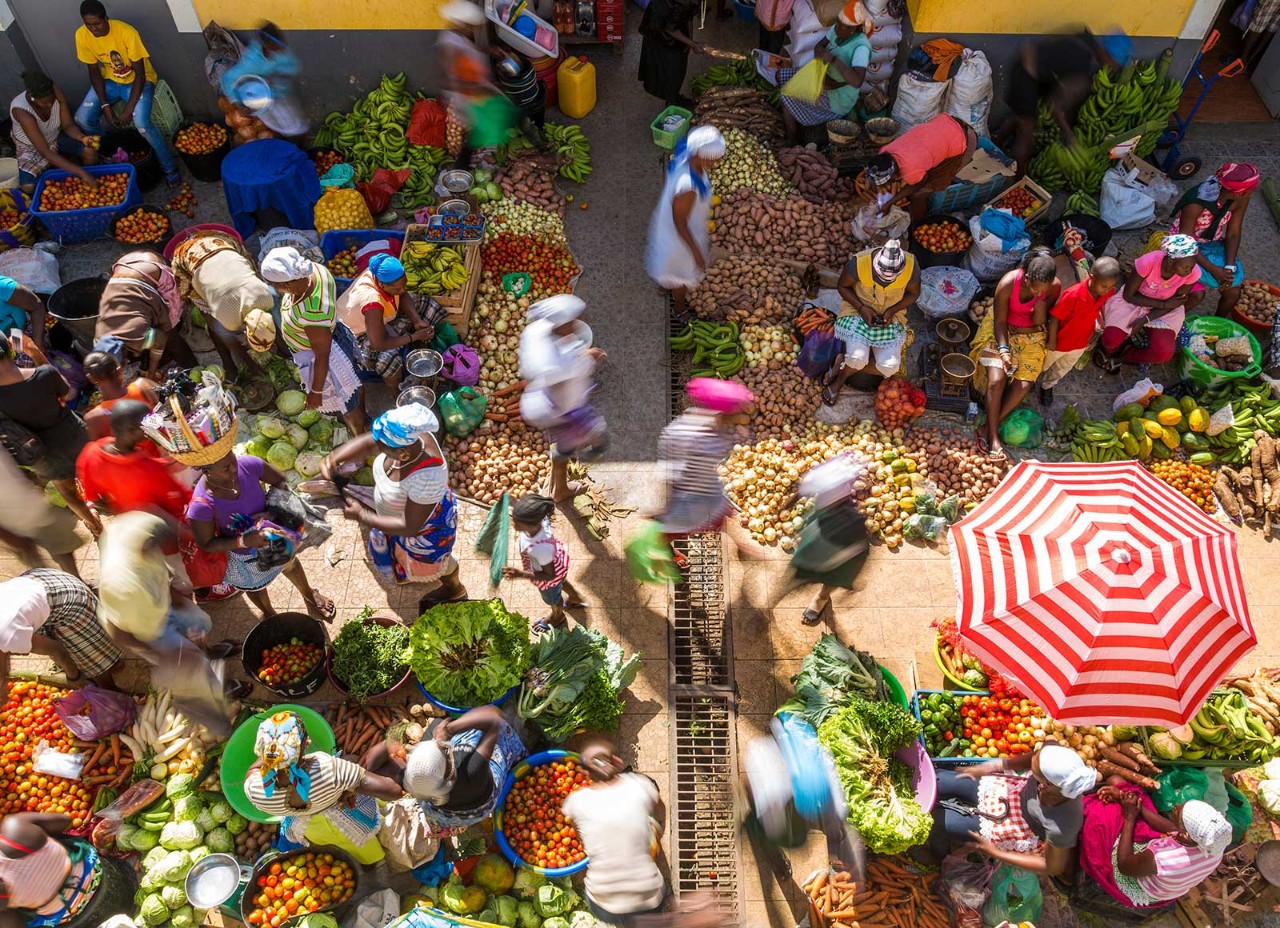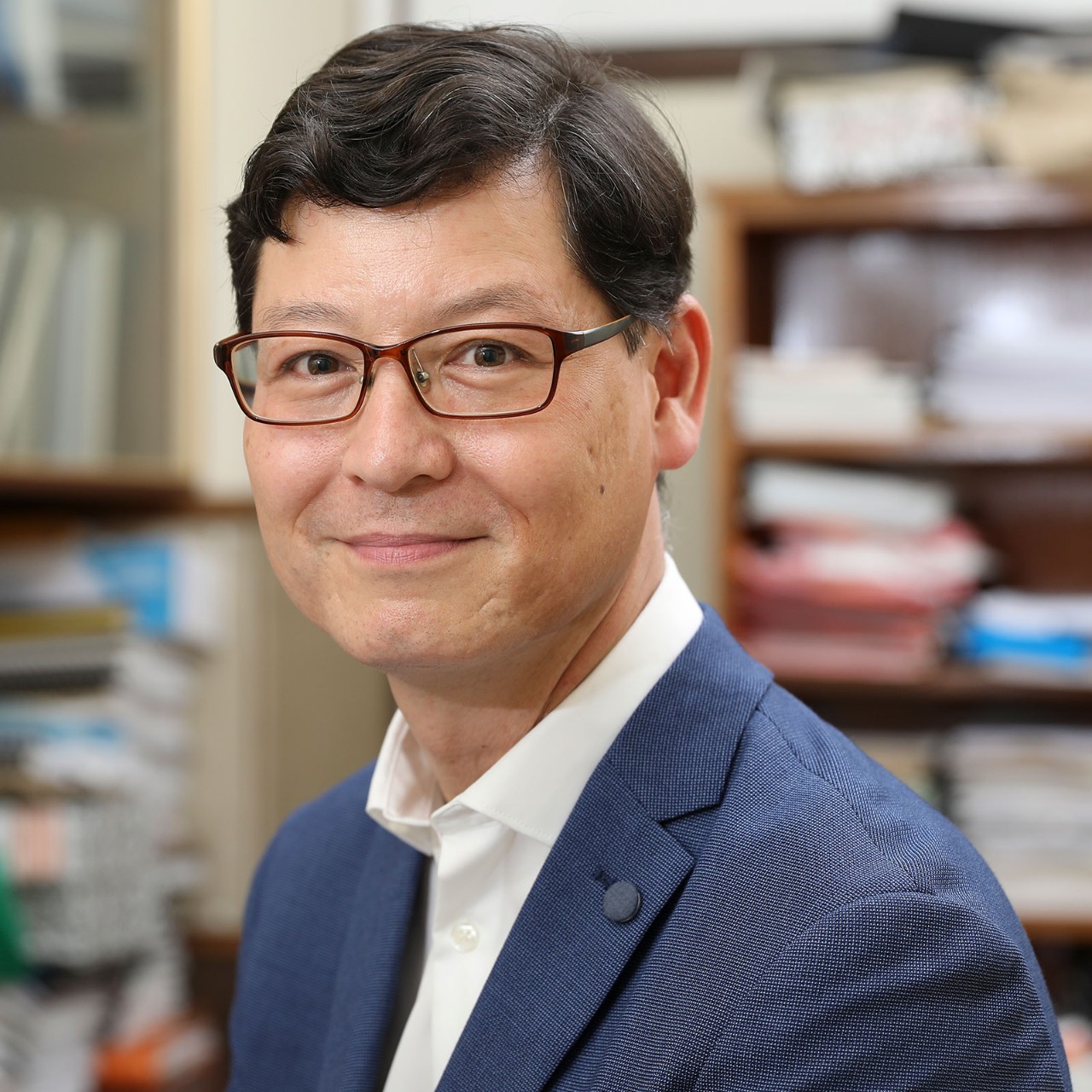
ACCA has welcomed the recent admission of the Institute of Certified Public Accountants of Rwanda (ICPAR) to full membership of the International Federation of Accountants (IFAC), the global body for the accountancy profession.
Mahalah Groves, ACCA’s head of capacity building, said there are important advantages to being a full member of IFAC. ‘ICPAR was already well connected regionally, but full inclusion in the IFAC family will give it a voice and a place at the table,’ she said. ‘It will now be able to give a regional perspective in areas such as standard setting, regional equivalence and global mobility.’
Full membership of IFAC is recognised around the world as the hallmark of a high-quality professional accountancy organisation, making clear to all that credibility, capacity and relevance has been achieved.
ICPAR chief executive Amin Miramago punched the air when he received a text confirming the news. ‘It means so much. I was delighted and relieved at the same time.’
Fast progress
ICPAR’s journey to IFAC membership has been remarkably speedy. Founded in only 2008, it had achieved associate membership by 2012. But, said Miramago, full membership was important to help achieve Rwanda’s ambition to establish itself as a regional financial hub in Africa. Rwanda’s Vision 2020 development programme recognised that a strong accountancy profession would be ‘central to achieving good governance and improving accountability, transparency and efficiency in resource deployment’.
Ahead of the decision to apply for full membership, ICPAR had already passed a number of key milestones, several of which were in direct response to recommendations made by international partners such as the World Bank and IFAC itself.
Capacity upsizing
With the Rwandan public sector needing an estimated 5,000 qualified accountants, a capacity building programme was launched. Funded by the UK’s Department of International Development (now part of the Foreign, Commonwealth and Development Office), the programme, managed by IFAC, introduced a vocational qualification in partnership with ACCA. Those gaining the qualification are able to support the work of professional accountants by undertaking a wide range of accountancy, financial and taxation tasks.
A second phase of the project was to deliver an accounting technician qualification, including syllabus, curriculum and learning materials. The partners also collaborated on strengthening ICPAR’s continuous professional development programme.
‘ICPAR was able to achieve a lot in a very short timeframe, in part due to the support it received from national stakeholders, such as the Accountant General’s Office, the Ministry of Finance and the Auditor General’s Office,’ said Darlene Nzorubara, IFAC’s senior technical manager of quality and development. ‘Now these bodies can rely on the institute to deliver a high-quality education to ensure Rwanda’s capital, Kigali, can become an international financial centre.’
When he joined ICPAR in 2017, Miramago pulled together a US$12m five-year plan to deliver the changes needed. The rigorous process for full IFAC membership requires governance, operational and financial transparency. There was also a need for a sponsor – in ICPAR’s case, this was the Institute of Certified Public Accountants of Kenya.
ACCA support
‘ACCA played a very active role as one of the supporting organisations,’ Miramago said. ‘It and a number of other organisations, including the Pan African Federation of Accountants, helped us pull together the whole package.’
Miramago added that full IFAC membership will allow ICPAR to pursue mutual recognition of its accountancy qualifications. He recognises, however, that membership is not an end in itself. ‘We have to sustain these achievements and ensure that we operate in a sustainable way not just now but into the future.’
Jamil Ampomah, ACCA’s director for Africa, added: ‘This is a truly great achievement for ICPAR, cementing its position among Africa’s credible PAOs, with the capacity not just to provide guidance to younger PAOs in the region, but also to lend its reliable input to shaping global policy and standards, so contributing to the development of the profession in Africa.’




